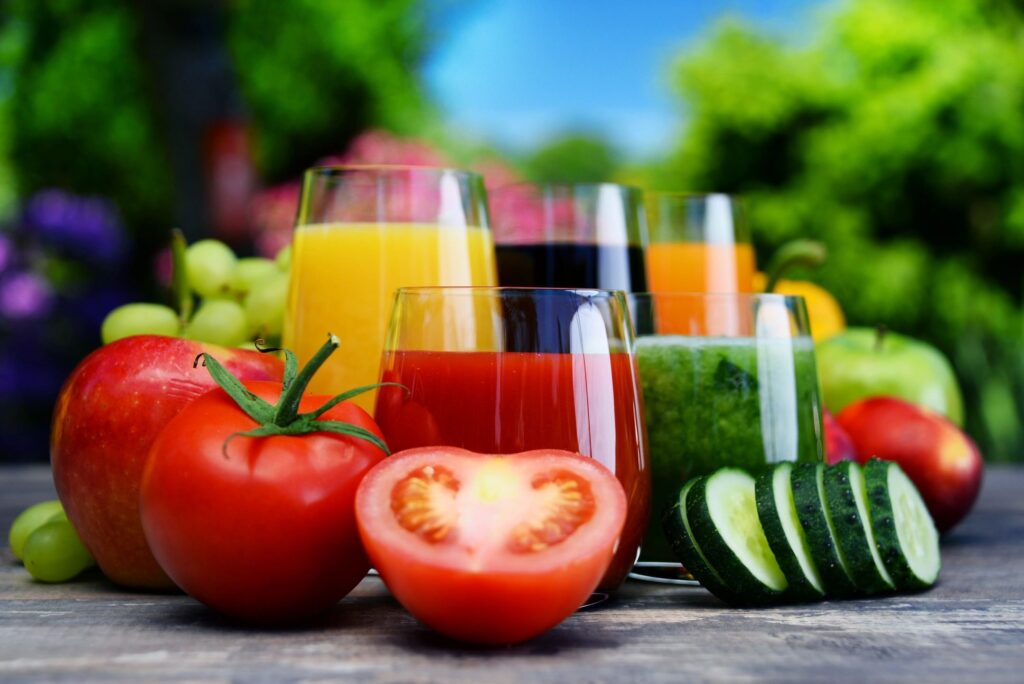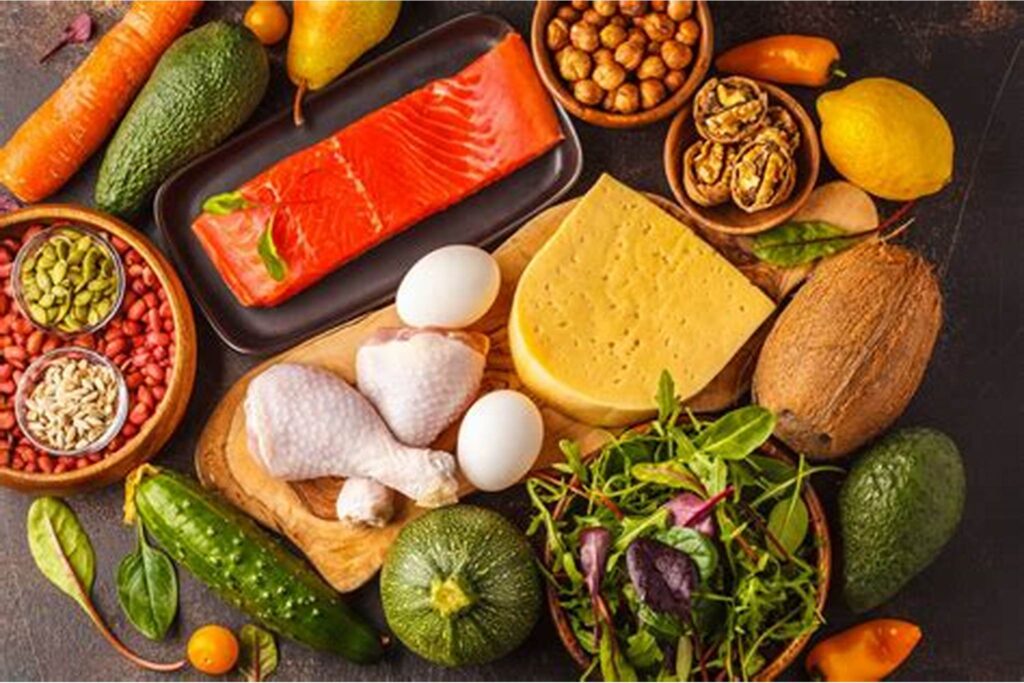Sugar, Sugar: Part 3

In our final installment about your relationship with sugar, we want to examine some choices and options that can affect how you manage your intake.

Sugar and refined carbohydrates (white flour, processed corn, etc.) affect the amount of sugar in your blood stream. The elevated amount of sugar signals the body to release insulin to process that sugar and the insulin released has to be enough to tackle excessive amounts of sugar. When the insulin does its job on the flood of sugar it stays in the system looking for more to process which signals to the brain that you need carbohydrates. This cycle keeps going until we find a way to break it. Our best bet for leveling out our blood sugar is to notice cravings for sugar and to replace highly process carbohydrates with a balanced snack or meal. I find that when I am craving sugar, what is better for my system is some protein and a complex carbohydrate. For example, when I crave sugar or become hungry really quickly, I want to reach for a doughnut, but I know that eating it will place me on the rollercoaster of flooding sugar and craving sugar. If, instead, I decide to eat a boiled egg and some carrots or some sugar-free peanut butter on celery, I know that my energy will be steadier and my cravings more under control. That’s the simplified version of this cycle and cravings can become so strong that many experts believe there is a sugar addiction.
https://www.mindbodygreen.com/0-23657/are-you-addicted-to-sugar-take-this-quiz-to-find-out.html
Additionally, sugar is a notorious inflammatory agent. Too much in your diet can cause joint discomfort and other reactions related to inflammation. Add to that mood swings, insomnia, headaches and other ailments and sugar becomes an antagonist in our quest for good health, but happily, one that we can recognize and begin to manage.
If you read parts 1 and 2 of this series, you have a few tools already at your disposal for gaining some degree of control over your sugar consumption. (see parts 1 and 2 of this series) Finding a few more helpful ideas can make the difference in your efforts. For the fully committed, clean out your kitchen fridge and pantry emptying anything that violates your sugar rules. Look for hidden sugar in sauces, ketchup and salad dressings as well as any granola-type bars, salsa, nut milks, chips and prepackaged anything. This step requires a bold commitment to quitting sugar, but it is effective, especially if you find yourself leaning towards having an addiction to sugar. Keeping it out of your kitchen helps keep it out of your body.
So, you’ll also need to commit to shopping sugar free. It is helpful to make a list for the grocery store and stick to it. Don’t shop when you are hungry and take a minute to plan your meals and snacks for the week. Remember that if it goes in the basket, it goes home and it goes inside your body. Stop before it gets into the basket!
You know about an accountability buddy or any type of social support, but if you are struggling with food addictive behavior in general, you may benefit for Overeaters Anonymous 12-step program. The program deals with very real addictive issues in an environment of peer support and guided introspection to help manage the behaviors.
The saying that you can’t outrun a bad diet holds true. The nourishing, radical, self-love act of feeding yourself a diet of healthy food can be a struggle as you navigate so much processed and heavily advertised foods, but you are worth the extra effort in every way. Bon Appetit and Adios, Sugar!




